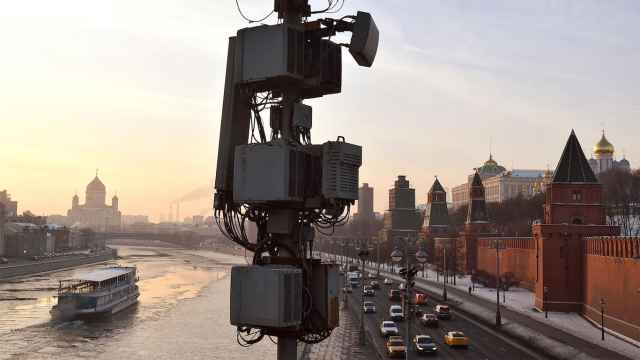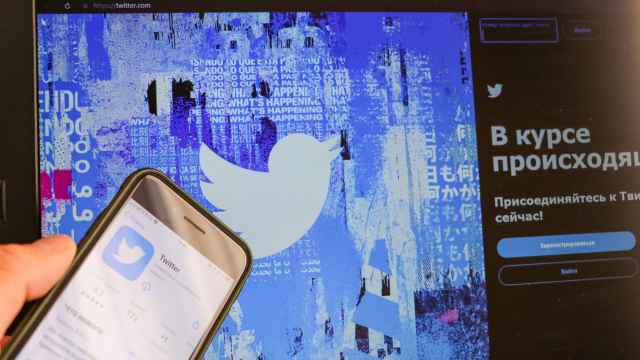When I first heard about the TikTok craze among young people in Russia, I thought it was a seasonal fad — like those silly games with angry birds and the funny masks that people add to their smartphone photos.
After a closer look, I’m certain that’s exactly what it is and that many will not remember the app in two years’ time. But what’s happening now on TikTok reveals some deep and heartening insights into modern Russian youth culture.
For those that don’t know, TikTok is a Chinese social media platform that allows users to upload short video clips. The videos are often so weird and so tapped into the latest youth trends that outsiders may have trouble understanding them.
Interestingly, TikTok is equally popular in Russia and the West — to say nothing of its following in East Asia.
It often happens that people use the same music or song tracks to accompany their videos, and these “trends” whiz across borders as if they don’t even exist.
And if you study the trends, which some young journalist friends of mine have done, you’ll see that about half of all the content fueling them is produced in Russia, and the other half in the West.
So what’s the big deal? With the exception of Snapchat, all the major social networks (Facebook, Twitter and YouTube) have a strong presence in Russia — and each has peculiar Russian characters that aren’t just noticeable, but are glaring.
Russian Facebook essentially continues the tradition of the Soviet-era underground press and the hushed political conversations that took place around cramped kitchen tables. It’s unlikely that Mark Zuckerberg ever imagined that it would serve such a function.
Russian Twitter, meanwhile, continues the tradition of the Soviet dramatist Daniil Kharms, with his pithy, absurdist humor.
As for Russian YouTube — it has finally replaced the television for the intelligentsia, middle class and youth.
But TikTok is different. It is the first social platform without any specifically Russian traits whatsoever – and I mean none. Equally amazing is that its users are practically all members of the youngest generation – people born after 2000.
If you scan through the faces of users in TikTok videos, you probably won’t be able to tell who’s from where. The only clues to nationality are voices, music and screen captions – and even these aren’t always a giveaway because many users speak and write English fluently.
That means we are witnessing a phenomenon unique in history – namely, that school kids in Siberia and St. Petersburg now look just like school kids in New York and California. Not only in terms of clothing, but also in their body language, frivolous comments and relaxed morals.
In other words, these 15-20 year-olds have already become part of the West. And whether you like it or not, they have, in a sense, already joined the European Union and NATO…with the help of TikTok.
Of course, Russia’s military brass hasn’t thought to station troops to block this domain. At least not yet, anyway.
A Message from The Moscow Times:
Dear readers,
We are facing unprecedented challenges. Russia's Prosecutor General's Office has designated The Moscow Times as an "undesirable" organization, criminalizing our work and putting our staff at risk of prosecution. This follows our earlier unjust labeling as a "foreign agent."
These actions are direct attempts to silence independent journalism in Russia. The authorities claim our work "discredits the decisions of the Russian leadership." We see things differently: we strive to provide accurate, unbiased reporting on Russia.
We, the journalists of The Moscow Times, refuse to be silenced. But to continue our work, we need your help.
Your support, no matter how small, makes a world of difference. If you can, please support us monthly starting from just $2. It's quick to set up, and every contribution makes a significant impact.
By supporting The Moscow Times, you're defending open, independent journalism in the face of repression. Thank you for standing with us.
Remind me later.








